Have you ever wondered, “Does a rinse or mouthwash help more than just brushing?” Countless people reach for mouth rinses to freshen their breath—but do these products truly contribute to a healthier mouth? In this complete guide, we dive into the science, address common myths, and uncover what experts really say about mouth rinse and mouthwash. Get ready for answers that will transform your daily oral care routine and help you make informed decisions for optimal dental health.
Curious If a Rinse or Mouthwash Helps? Discover the Truth About Mouth Rinse and Oral Health
Oral hygiene is more than just brushing and flossing. So, does a rinse or mouthwash help your mouth stay cleaner and healthier? People often use mouth rinses to freshen breath, reduce bacteria, and enhance daily oral care routines. Yet, conflicting advice from dentists and marketing claims can create uncertainty. In truth, the effectiveness of a rinse or mouthwash depends on its active ingredients, how it's used, and what specific oral health concerns you have—like bad breath, gum disease, or plaque control . For example, a fluoride mouth rinse can help prevent tooth decay, while an antibacterial mouthwash may be recommended for those struggling to control gum problems or bad breath. This guide unpacks the science, best uses, and practical tips so you’ll truly understand the role mouth rinses play in healthy dental hygiene.
While mouth rinses can be a valuable addition to your daily routine, it’s also important to consider how other dental treatments, such as composite fillings , play a role in maintaining your oral health. Understanding the benefits of restorative options alongside preventive care can help you achieve a more comprehensive approach to dental wellness.
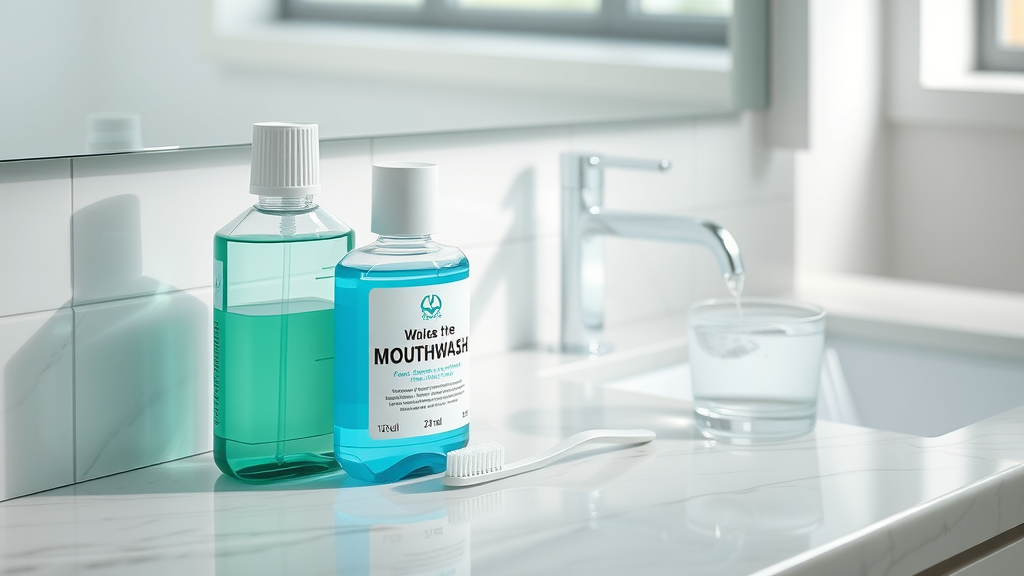
Essential Facts: Does a Rinse or Mouthwash Help Your Oral Hygiene?
-
What you will learn in this guide:
-
The science behind mouth rinses and mouthwash
-
Key active ingredients in mouth rinses and how they work
-
Effectiveness for bad breath and day-to-day oral hygiene
-
Expert opinions and frequently asked questions about mouth rinse
Understanding Mouth Rinse: Does a Rinse or Mouthwash Help Maintain Oral Health?
What Is a Mouth Rinse and What Are Mouth Rinses Made Of?
A mouth rinse (also called a mouthwash or oral rinse) is a liquid solution designed to help clean the mouth, freshen breath, and sometimes deliver specific health-promoting agents. The base of most mouth rinses is water or alcohol, which acts as a solvent for active ingredients. These may include fluoride (to strengthen enamel and prevent tooth decay), essential oils (like eucalyptol or menthol for killing bacteria and freshening breath), or cetylpyridinium chloride (an antiseptic compound). Some rinses feature other active ingredients like chlorhexidine for gum disease, hydrogen peroxide for whitening, or herbal extracts for soothing mouth ulcers. The exact formulation determines whether the product tackles bad breath, plaque, or specific oral health issues . Understanding what's inside helps you choose a rinse aligned with your dental care needs.
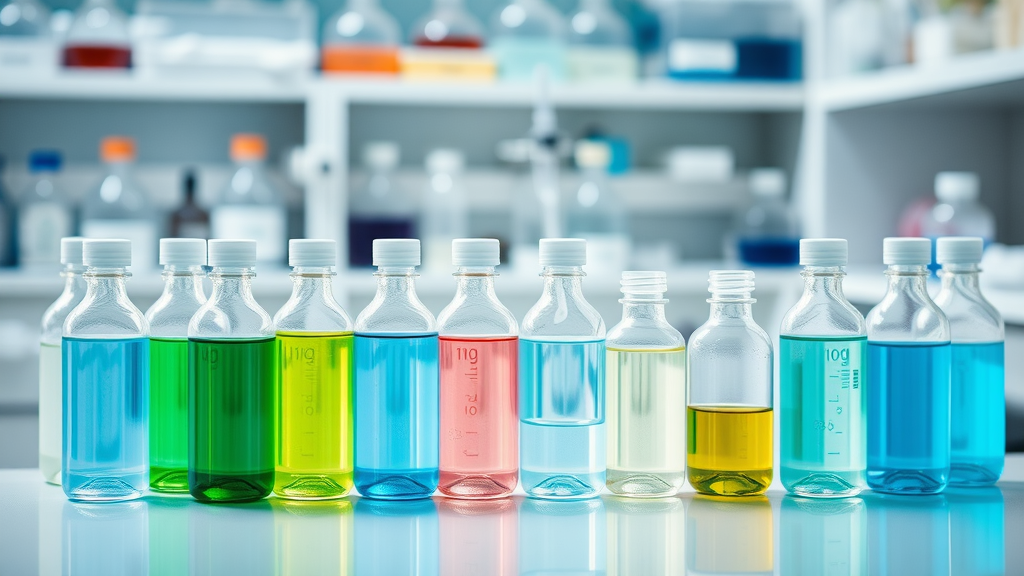
How Does Mouth Rinse Work? The Science Behind Mouthwash and Rinsing
The effectiveness of a mouth rinse relies on its chemistry. Active agents like cetylpyridinium chloride or essential oils disrupt the protective layers of bacteria in your mouth, helping to reduce or eliminate bacterial colonies that contribute to bad breath , gum disease, and plaque buildup. Some mouth rinses leverage fluoride’s proven ability to remineralize and strengthen tooth enamel, lowering your risk of tooth decay. Others contain compounds that neutralize volatile sulfur compounds (the main culprit of halitosis) or dissolve debris missed by brushing. By swishing and thoroughly rinsing, these ingredients reach between teeth and along the gum line—places your toothbrush or floss might miss—improving your overall oral health when used as part of a complete dental hygiene routine. Importantly, the power of any mouthwash also hinges on using it correctly and consistently.
Core Benefits: How Does a Rinse or Mouthwash Help With Bad Breath and Bacteria?
Can a Mouth Rinse or Mouth Wash Help Combat Bad Breath?
Persistent bad breath can be embarrassing and may signal deeper oral health problems like gum disease or tooth decay. The right mouth rinse —especially those with antimicrobial agents like essential oils or cetylpyridinium chloride —can significantly reduce odor-causing bacteria and freshen your breath longer than brushing alone. However, while cosmetic rinses mask odors, therapeutic rinses target the source: bacteria in your mouth. For those especially plagued by bad breath, using a targeted antibacterial mouthwash after brushing and flossing can make a noticeable difference. Remember: mouthwashes are most effective for bad breath when paired with a comprehensive oral hygiene routine that includes cleaning every surface of your teeth and gums.
Does a Rinse or Mouthwash Clean More Than Brushing Alone?
Brushes and floss reach most—but not all—areas in your mouth. Adding a mouth rinse helps cleanse places brushing may miss, such as between teeth and below the gumline, helping remove stubborn bacteria and debris. Therapeutic mouth rinses with active ingredients can further reduce plaque and gingivitis, offering extra protection against gum disease. Yet, mouth rinses shouldn’t replace brushing or flossing but should be viewed as an adjunct therapy within a complete dental hygiene plan. Regular use, particularly of antibacterial, fluoride, or specially formulated oral rinses, ensures a more thorough oral care routine—an important step if you are prone to gum problems or tooth decay.
|
|
|
|
Comparison of Mouth Rinse Effectiveness |
|
Type of Mouth Rinse |
Effectiveness for Bad Breath |
Bacteria Reduction |
Benefit for Oral Hygiene |
|---|---|---|---|
|
Therapeutic (Antibacterial) |
High |
Significant |
Reduces plaque, gum disease risk |
|
Cosmetic (Freshening) |
Moderate (masking only) |
Low |
Short-term freshness |
|
Fluoride Mouth Rinse |
Moderate |
Low |
Strengthens enamel, prevents tooth decay |
|
Prescription (Chlorhexidine) |
High (for disease-related halitosis) |
Strong |
Controls severe gum disease |
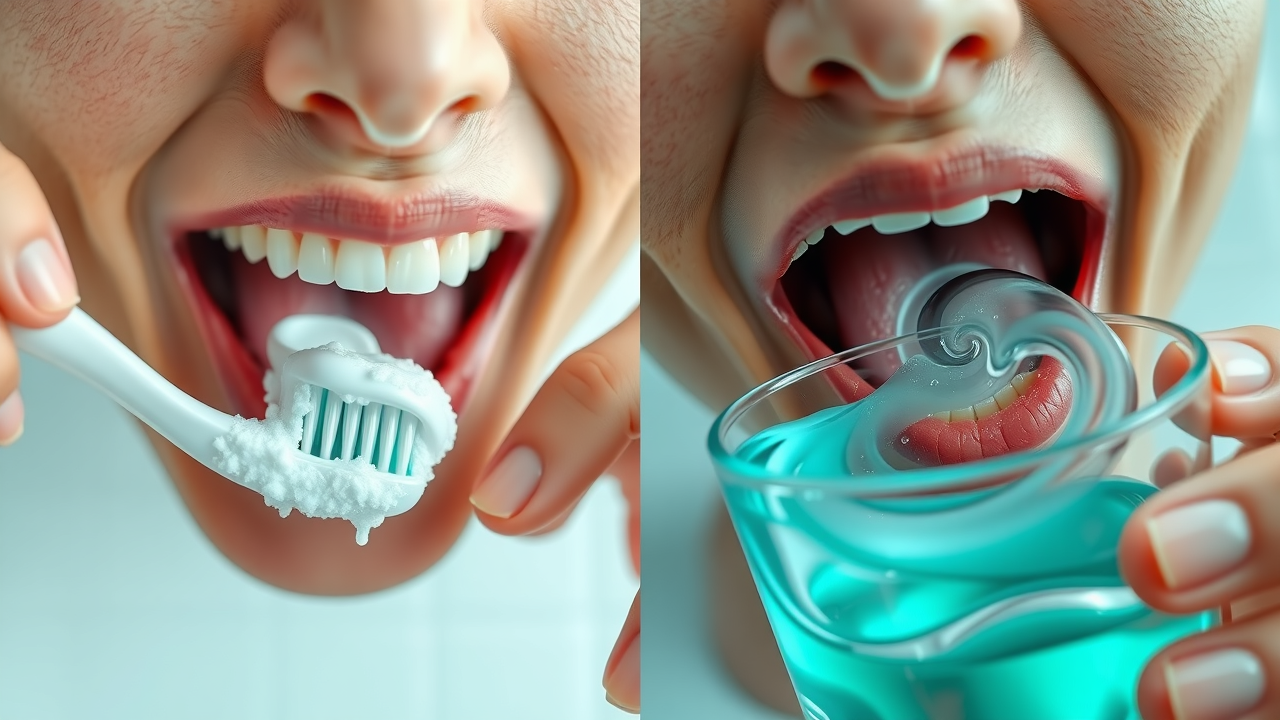
Exploring Active Ingredients: What Makes Mouth Rinses and Mouthwash Effective?
Leading Active Ingredients in Mouth Rinses and Mouth Wash
The power of a mouth rinse comes down to its active ingredients . Some of the most common and beneficial compounds include:
-
Fluoride : Prevents tooth decay by strengthening enamel.
-
Chlorhexidine : Prescribed for serious gum disease; very effective at killing bacteria.
-
Essential Oils (menthol, eucalyptol, thymol): Disrupt bacterial membranes, freshen breath, and reduce plaque and gingivitis.
-
Cetylpyridinium Chloride : Antiseptic agent known for decreasing bacteria and controlling bad breath.
-
Hydrogen Peroxide : Used for whitening and can help heal mouth ulcers.
Your choice of mouthwash should reflect your specific oral health goals and any advice from your dental care provider, since each active ingredient offers unique benefits for mouth rinses.
Cetylpyridinium Chloride and Other Common Compounds
Cetylpyridinium chloride stands out as a widely used, over-the-counter antiseptic that fights bacteria responsible for bad breath , plaque, and gingivitis. Other regular ingredients include chlorhexidine (a prescription antibacterial for advanced gum disease), alcohol (used to dissolve and deliver essential oils), and herbal or natural agents aimed at soothing irritation or healing mouth ulcers. When reading labels, look for the active ingredient most aligned with your needs—be it freshening breath, fighting bacteria, or remineralizing your teeth.
-
Typical Active Ingredients in Mouthwashes and Their Purpose:
-
Fluoride – Strengthens teeth, prevents cavities
-
Essential oils – Antibacterial, anti-inflammatory, freshens breath
-
Cetylpyridinium chloride – Reduces bacteria and plaque
-
Chlorhexidine gluconate – Prescription, combats severe gum disease
-
Hydrogen peroxide – Bleaching agent, helps with ulcers and whitening
-
Alcohol – Solvent for essential oils, not suitable for sensitive mouths
Types of Mouth Rinse: Does a Rinse or Mouthwash Help Everyone Equally?
Antibacterial vs. Cosmetic Mouth Rinses: Which Type of Mouthwash Helps Most?
All mouth rinses are not created equal. Antibacterial mouth rinses contain active ingredients like essential oils or cetylpyridinium chloride to kill bacteria and control gingivitis. These are ideal for people wanting to tackle gum disease or persistent bad breath. Alternatively, cosmetic mouth rinses focus on masking odors and delivering a fresh mouthfeel but provide limited long-term benefit to oral health . Choosing the right type of mouthwash comes down to your oral care goals: for everyday freshness, a cosmetic rinse may suffice; for fighting disease or bacteria, opt for a proven antibacterial formulation.
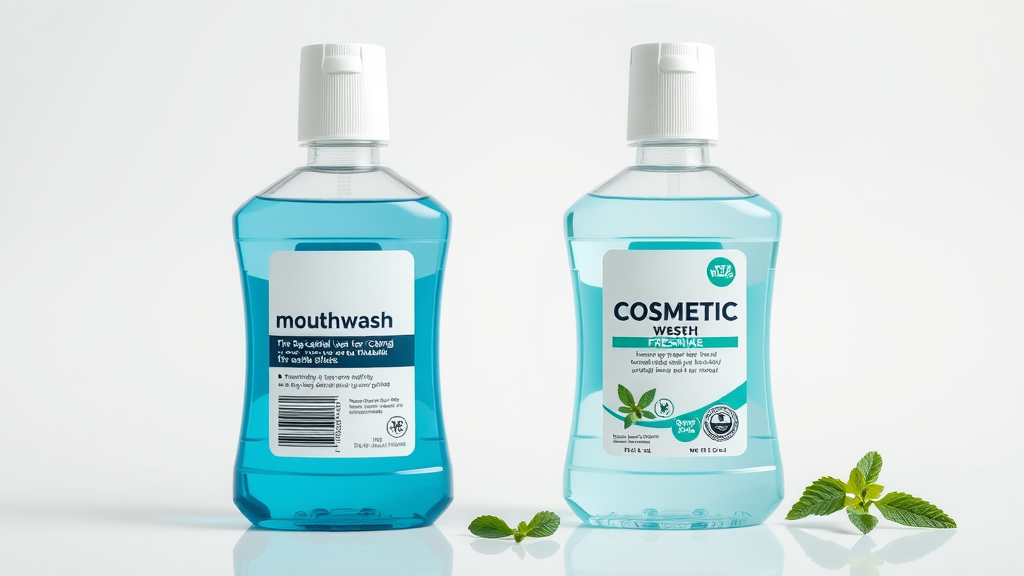
Prescription Mouth Rinses and When They’re Recommended
Certain oral health problems, such as advanced gum disease or recurring mouth ulcers, may warrant a prescription mouth rinse . Products like chlorhexidine mouthwash are highly effective and prescribed by dentists to reduce severe inflammation, bacterial load, and treat active gum infections. Prescription rinses are typically used for a set period and are not recommended for ongoing, everyday oral care due to side effects like staining or altered taste. If you experience persistent oral health issues, consult your dentist—they will determine if a prescription rinse is necessary as part of your personalized dental hygiene routine.
Potential Drawbacks: When Might a Rinse or Mouthwash Not Help?
Common Mouth Rinse Side Effects and Concerns
While generally safe, mouth rinses can occasionally cause side effects, particularly in sensitive individuals. Alcohol-based formulations may lead to a burning sensation or dry mouth. Extended use of certain antibacterial rinses might cause tooth staining or temporary changes in taste perception. It’s also possible to develop mild allergic reactions to some compounds or essential oils. If you notice increased irritation, ulcers, or sensitivity, switch to an alcohol-free rinse and consult your dental care provider for the best alternatives tailored to your needs.
Can Mouth Rinse Replace Brushing and Flossing?
Despite their many advantages, mouth rinses should never be used as a replacement for brushing and flossing. Mechanical action from your toothbrush and floss physically removes plaque, food particles, and bacteria that rinses alone cannot detach from the surfaces of your teeth. Oral rinses are most effective when used as a supplemental step, reinforcing your primary dental hygiene habits, not replacing them. Sticking to a consistent routine of brushing, flossing, and using an appropriate rinse ensures optimal protection against cavities, gum disease, and bad breath .

How to Use Mouth Rinse Effectively: Does a Rinse or Mouthwash Help More With Proper Technique?
Best Practices for Using Mouth Rinse or Mouthwash
Proper technique maximizes the effectiveness of any mouth rinse . First, brush and floss your teeth thoroughly. Pour the recommended amount (often 20ml) of rinse into a cup—do not dilute unless directed. Swish vigorously for 30 seconds to one minute, ensuring the liquid reaches between your teeth and around all mouth surfaces. Avoid swallowing, and don’t rinse with water immediately after, as this may dilute the rinse’s active ingredients . For best results, use at the same time each day as part of your oral care regimen. If you’re using a prescription mouthwash, follow all instructions from your dental professional.
-
Tips for Maximizing the Benefits of Mouthwash:
-
Use after brushing and flossing
-
Do not dilute unless advised
-
Follow timing as directed (typically 30–60 seconds of swishing)
-
Avoid eating or drinking for 30 minutes after use
-
Choose alcohol-free or specialty rinses if you have sensitivity
-
Consult with your dentist before switching to therapeutic or prescription rinses
Expert Opinions: Do Dentists Agree That a Rinse or Mouthwash Helps?
“Mouth rinses can be a helpful addition to your oral care routine, but should not replace brushing or flossing.” – American Dental Association
Leading dental organizations and practitioners agree: a mouth rinse provides added value to a comprehensive dental hygiene routine. While they support fresh breath and fight harmful bacteria, regular tooth brushing and flossing remain foundational for maintaining healthy gums and teeth. Dentists may recommend specific therapeutic rinses for patients requiring additional plaque or gingivitis control, but always in conjunction with—not instead of—the basics of oral care.
People Also Ask: Addressing Common Questions About Mouth Rinse
Is it better to rinse with water or mouthwash?
Answer: Mouthwash can provide additional benefits, such as killing bacteria and freshening breath, while water primarily removes debris.
Why do dentists say don't use mouthwash?
Answer: Some mouthwashes contain alcohol or strong chemicals that may irritate oral tissues, so dentists recommend moderation or alcohol-free products when needed.
Does mouth rinse really work?
Answer: Mouth rinse is effective at reducing bacteria, freshening breath, and supporting oral hygiene, but it should supplement—not replace—regular brushing and flossing.
Is rinsing the mouth enough?
Answer: Rinsing the mouth alone will not offer comprehensive cleaning; brushing and flossing remain essential for optimal oral health.
Comparing Mouth Rinses: Which Mouth Rinse or Mouthwash Helps Most?
|
|
|
|
Table: Summary of Top Mouth Rinses, Their Active Ingredients, and Specific Benefits |
|
Brand Name |
Main Active Ingredient(s) |
Best For |
Notes |
|---|---|---|---|
|
Listerine Antiseptic |
Essential Oils, Alcohol |
Bad breath, gum disease |
Strong flavor, not suited for sensitive mouths |
|
Crest Pro-Health |
Cetylpyridinium chloride |
Bacteria reduction, plaque control |
Alcohol-free, gentle on tissues |
|
ACT Restoring |
Fluoride |
Preventing tooth decay, enamel protection |
Safe for children (check labels) |
|
Peridex (Rx) |
Chlorhexidine |
Severe gum disease, prescription use |
Short-term use only, possible staining |
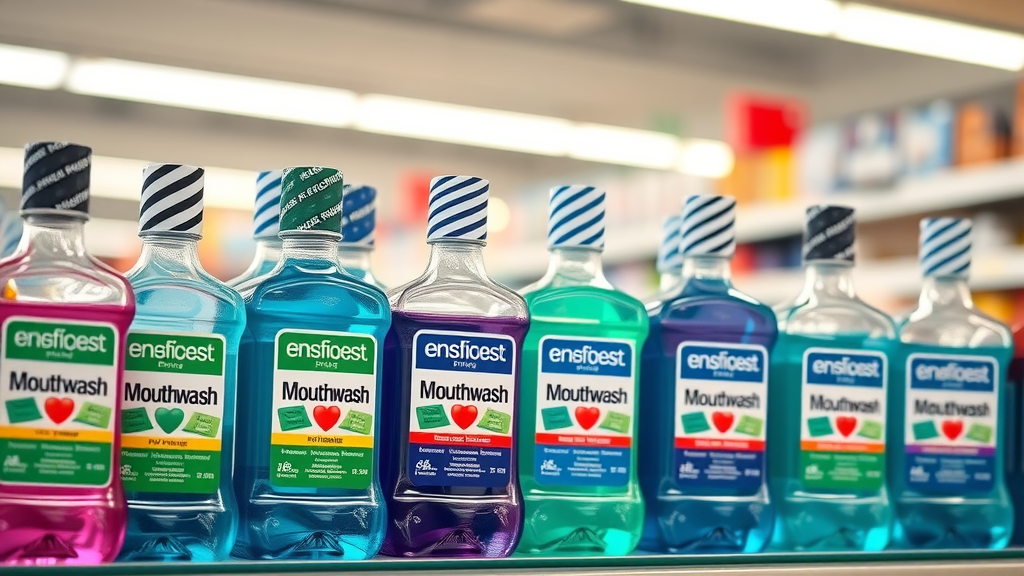
Common Myths and Truths: Does a Rinse or Mouthwash Help More Than Brushing?
-
Myth: Mouthwash alone can completely clean your mouth.
-
Truth: Rinses supplement but cannot replace brushing and flossing in removing plaque and food debris.
-
Myth: All mouthwashes are the same.
-
Truth: Formulas vary by active ingredients and offer different benefits, from fighting bacteria to whitening to combating dry mouth.
-
Myth: More mouthwash equals better results.
-
Truth: Using the recommended amount provides optimal benefits; overuse can cause irritation or side effects.
How To Choose The Best Mouth Rinse: Does a Rinse or Mouthwash Help Based On Your Needs?
-
Checklist for Selecting the Right Mouthwash:
-
Identify your key concern: bad breath, gum disease, dry mouth, tooth decay
-
Check the active ingredient: fluoride, cetylpyridinium chloride, essential oils, chlorhexidine
-
Choose alcohol-free if you have sensitivity
-
Review recommendations for children or orthodontic appliances
-
Consult your dentist for persistent or severe concerns
Safe for Everyone? Does a Rinse or Mouthwash Help Sensitive Mouths?
Alcohol-Free and Specialized Mouth Rinses for Sensitive Users
Many people experience burning or discomfort with traditional, alcohol-based mouth rinses. Thankfully, a variety of alcohol-free and specialized mouth rinses are designed for sensitive mouths, children, or those with specific oral health requirements. Look for rinses labeled for sensitive or gentle use, and consult your dental professional if you have persistent sores or reactions. Alcohol-free products are particularly recommended for those with dry mouth, oral ulcers, or who require frequent rinsing for ongoing medical treatments.
Frequently Asked Questions About: Does a Rinse or Mouthwash Help?
-
Is mouth rinse recommended for daily use? Yes, most over-the-counter rinses are safe for daily use, but always follow label instructions and consult your dentist.
-
Can mouth rinse cause staining? Some therapeutic rinses, such as those with chlorhexidine, may cause temporary staining—brush regularly to minimize this effect.
-
How long after rinsing should I eat or drink? Wait at least 30 minutes after using mouth rinse to allow active ingredients to maximize their effectiveness.
-
Are mouth rinses safe for children? Many are, especially alcohol-free varieties. Always check age recommendations and supervise young children during use.
Summary of Key Points: Does a Rinse or Mouthwash Help Improve Oral Health?
-
Mouth rinses can support oral hygiene, but should accompany brushing and flossing
-
Mouth rinse effectiveness depends on active ingredients and correct usage
-
Consultation with your dentist ensures the best choice for individual needs

For Expert Guidance and Professional Dental Care, Contact Johnstown Dental Care Today
Serving Johnstown, New Albany, Granville, Alexandria, Pataskala, Licking County, Franklin County, and Delaware County
-
Call Johnstown Dental Care at (470) 967-6046 or visit www.johnstowndentalcare.com
For a personalized oral hygiene recommendation or to learn which mouth rinse is best for you, schedule your consultation with Johnstown Dental Care today. Achieve the healthy smile you deserve!
If you’re interested in taking your oral health knowledge even further, consider exploring how restorative solutions like crowns and bridges can complement your hygiene efforts. Understanding the full spectrum of dental care—from preventive strategies like mouth rinses to advanced restorative treatments—empowers you to make the best choices for your long-term smile. Whether you’re curious about repairing damaged teeth or simply want to maintain optimal oral health, learning about these options can provide valuable insight for your next dental visit. Dive deeper into the possibilities and discover how a holistic approach can truly transform your dental wellness journey.
Incorporating mouthwash into your oral hygiene routine can offer several benefits, including reducing bacteria, freshening breath, and preventing gum disease. According to the American Dental Association, therapeutic mouthrinses contain active ingredients that help control or reduce conditions like bad breath, gingivitis, plaque, and tooth decay. ( ada.org ) However, it’s important to note that mouthwash should not replace brushing and flossing but rather complement these practices. As highlighted by Delta Dental, mouthwash is most effective when used as the final step in your oral hygiene routine, after brushing and flossing, allowing it to reach areas that may have been missed. ( deltadentalks.com )
 Add Row
Add Row  Add
Add 


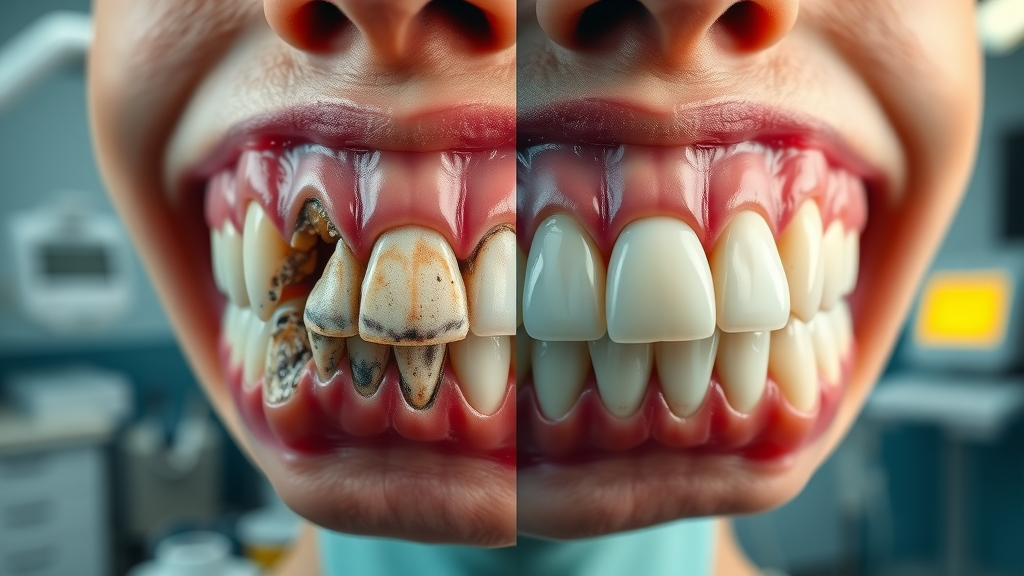
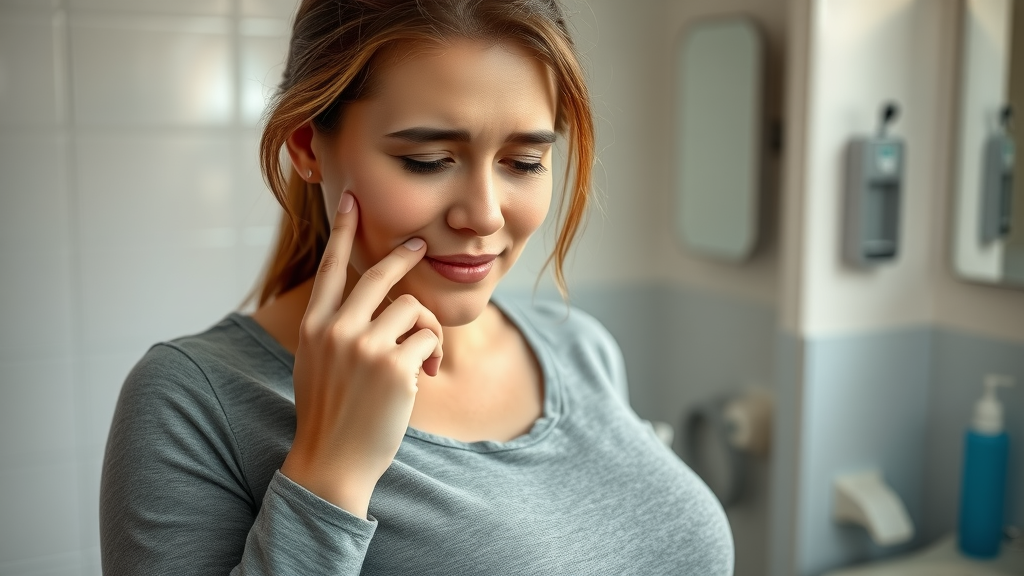
Write A Comment